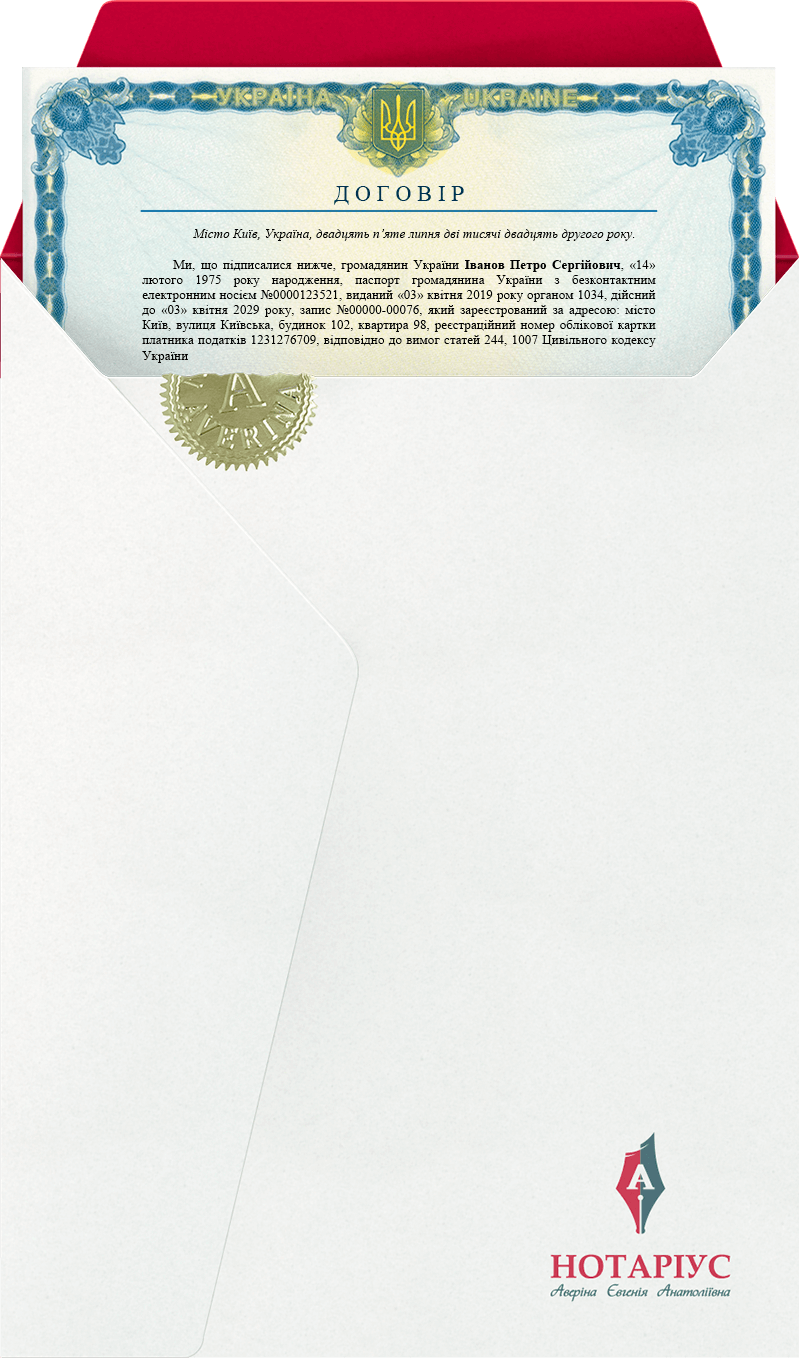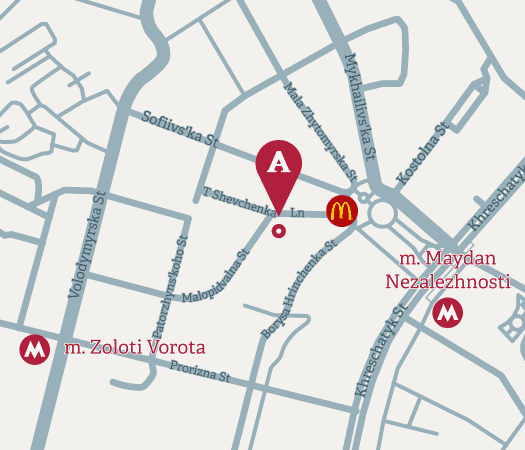You want to present a land plot you own to your children, grandchildren or other lucky person, but you have no idea what to do? Let’s have a little insight into the procedure.
Firstly, we must state that donation, or a gift, as it is commonly called, is drawn up in the form of a notarized deed of gift. The main discrepancy between a deed of gift and other agreements is its GRATUITOUS nature. When a deed of gift is concluded, your ownership right is ceased, and it arises for a donee; in turn, the donee is not obliged to any actions in your favour.
Whereas a deed of gift is a priori a gratuitous agreement, you may not oblige a donee to fulfil any actions in your favour, material or non-material.
Currently, when notarizing a deed of gift of a land plot, a notary simultaneously registers an ownership right of a new owner in the State Register of Proprietary Rights to Immovable Property. I.e. a donee leaves a notarial office as a rightful owner of a house, and there is no need for you to register your ownership right at any other authorities.
In the process of notarization of a deed of gift, a notary carefully examines all documents submitted to conclude the deed, existence of any freeze or prohibition of alienation of the respective land plot, the validity of the power of attorney (if an agreement is concluded by an attorney).
It should be mentioned that for notarization of a deed of gift where the parties are the immediate family members (according to the legislation, those are spouses, parents, children, including adopted children) an income received as a gift is subject to zero rate taxation. If a deed of gift is in favour of other persons, a tax amount equals 5%.
Please note that both a Donor and a Donee must apply to a notary to draw up and conclude a deed of gift. Their attendance in person at the moment of deed is a prerequisite to its notarization.

